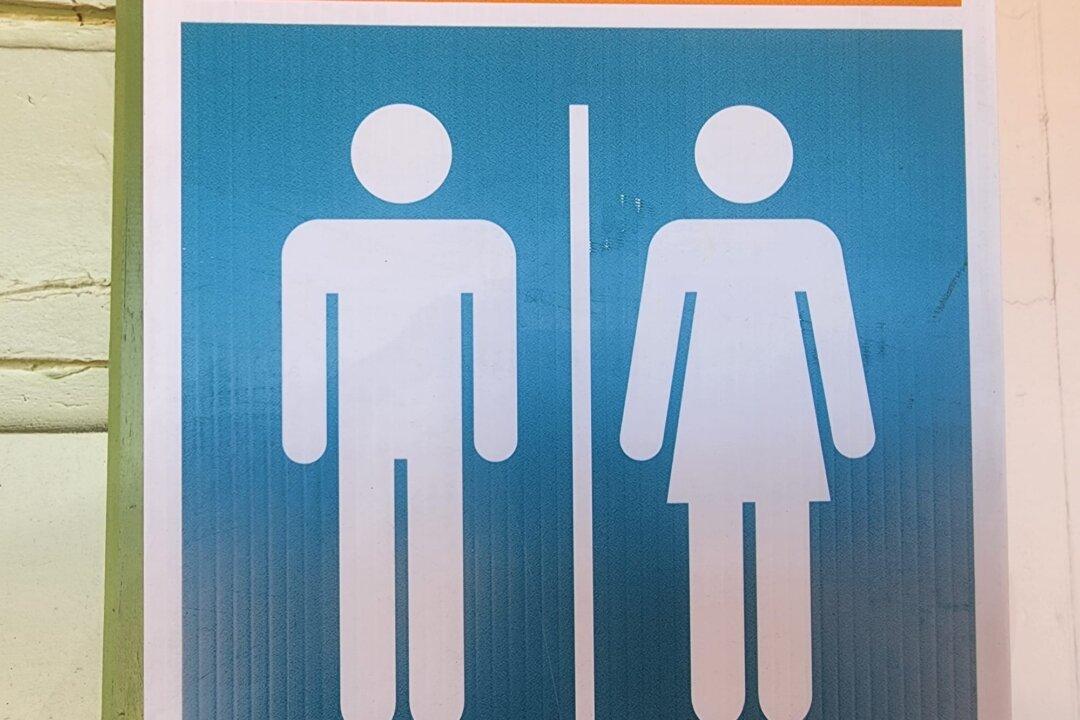Lee Hazel was a detransitioner, and according to her, society’s perception of trans-identified people was flawed.
Standing on the steps of the Victorian Parliament on March 24, she told the crowd at the #WomenWillSpeak rally that the current push to medically transition children with gender dysphoria was not what they needed.




